As LT’s football season comes to a close, a school-wide perception of an increase in substance abuse, specifically alcohol, at these events has brought up conversations of security at school games and the implementation and enforcement of policies regarding alcohol at LT. The sudden perception of an escalation in Lions fans’ drinking in the stands causes concern among the community and students.
“Maintaining a safe learning environment for students is my highest priority,” Superintendent Brian Waterman said. “And it is my responsibility to ensure that our systems’ practices and protocols are developed in a manner that keeps our students, staff, and community safe.”
Alcohol consumption during adolescence can have significant and lasting negative effects on teens. These include impaired coordination, slowed reaction time, and interference with brain development. But that isn’t stopping students from doing it; neither is LT’s zero-tolerance policy, which prohibits any illicit substance on school property, including at football games.
“[The policy,] honestly, is for underage individuals and those [who are] of age,” Principal Jennifer Tyrrell said.
The perception of the increase doesn’t stem from anything specific; however, according to students, it seems that people are caught with a substance at the games more than ever, and that it is almost impossible not to see any form of substance at home games, even though guests are prohibited from bringing in any outside beverages, personal water bottles, or backpacks into the stadium.
Regardless of the perception, among administrators, their goal for safety has not changed.
“We are conscious of providing a safe and appropriate experience for students and every other person attending LTHS events,” Division Chair of Counseling and Student Affairs Drew Eder said.
Each student is disciplined on a case-by-case basis when caught possessing or using a prohibited substance, and assistant principals typically handle such incidents. Sometimes specialists are called to support and intervene; LT has partnered with Rosecrance, a provider of behavioral health services, that offers addiction treatment programs. The Restorative Intervention Room, which focuses on reflection, restorative practices, and academic motivation, is also sometimes used for cases like this. The program started in 2024 as a way to limit suspensions, after LT was among the top 20 percent of high schools in Illinois to have the most racial disproportionality in suspensions for four of the last six years.
The school’s support systems are always accessible for any problems with substance abuse.
“We have a student support services staff made up of social workers and counselors who are ready and available to talk to students about anything they need support with,” social worker Annette Butler said.
According to class of 2026 Assistant Principal Bryan Radavich, incidents like this are not frequently encountered in the AP office, and the increase is likely a misperception.
“When there is an incident that occurs of this nature, it may give the perception that there is an increase in the behavior,” Radavich said. “However, our data on these incidents shows that there has not been an increase in this behavior this year in comparison to previous years.”
The Centers for Disease Control and Prevention (CDC) reported in January of 2025 22% of high school students had consumed alcohol over the past month. However, according to an article published by the Guardian in 2025, generation Z is labelled as “generation sensible” because of data supporting they drink less alcohol than previous generations. LT Administrators gave no direct data to indicate if there is an increase or decrease in alcohol consumption at football games, and condemned all forms of substance abuse at school events.

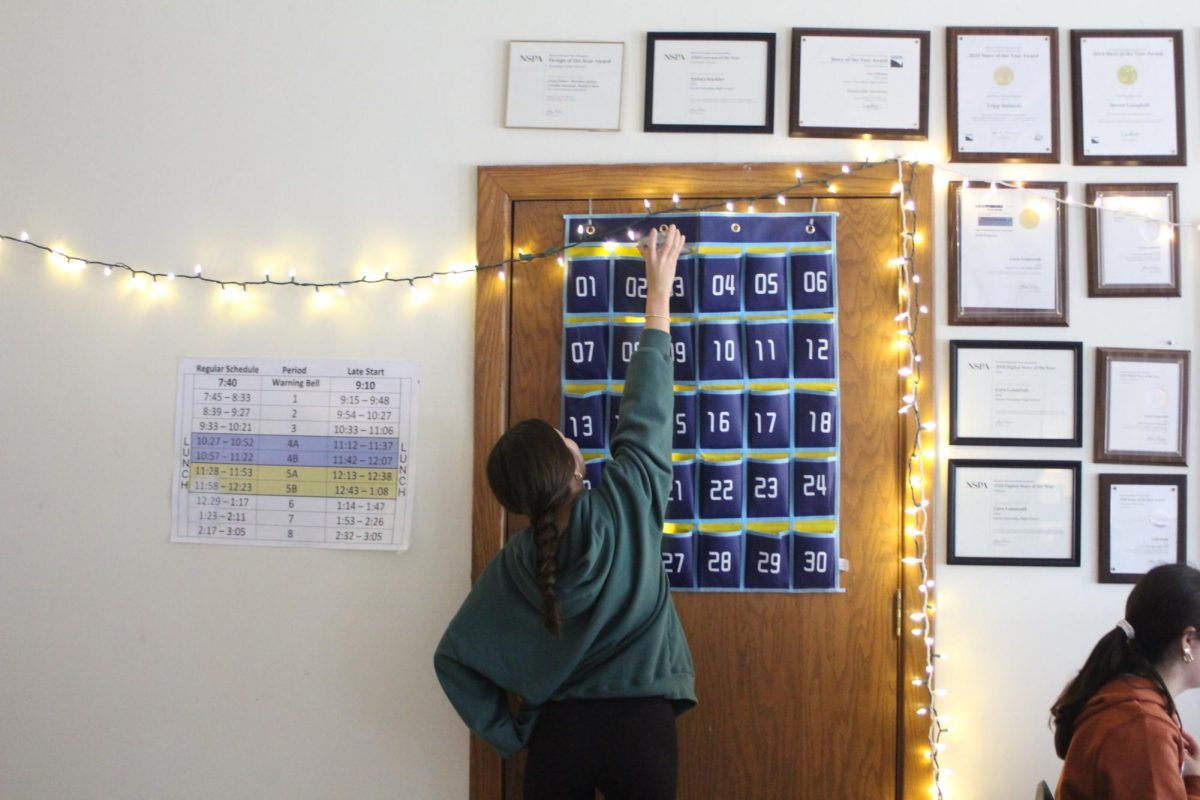

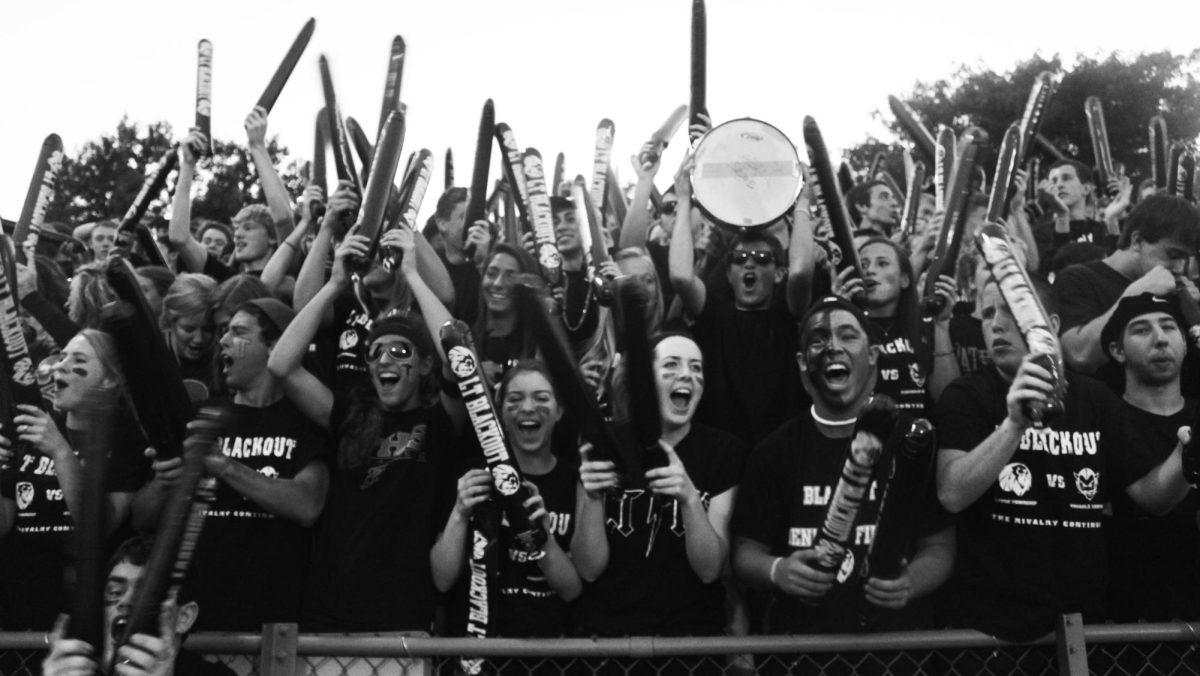




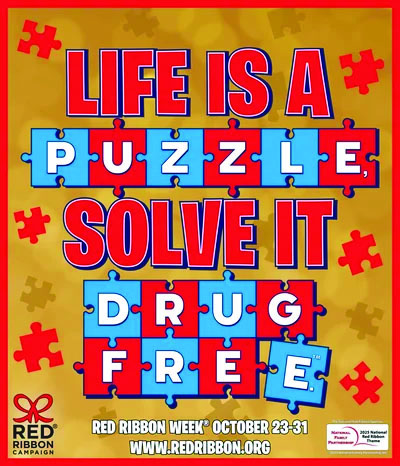
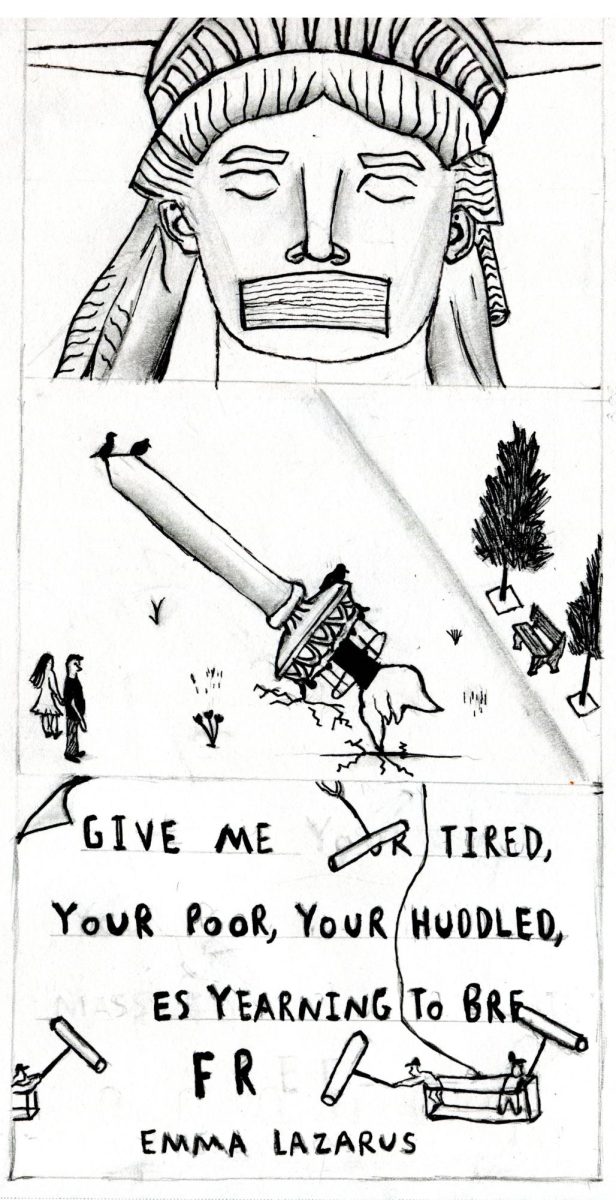
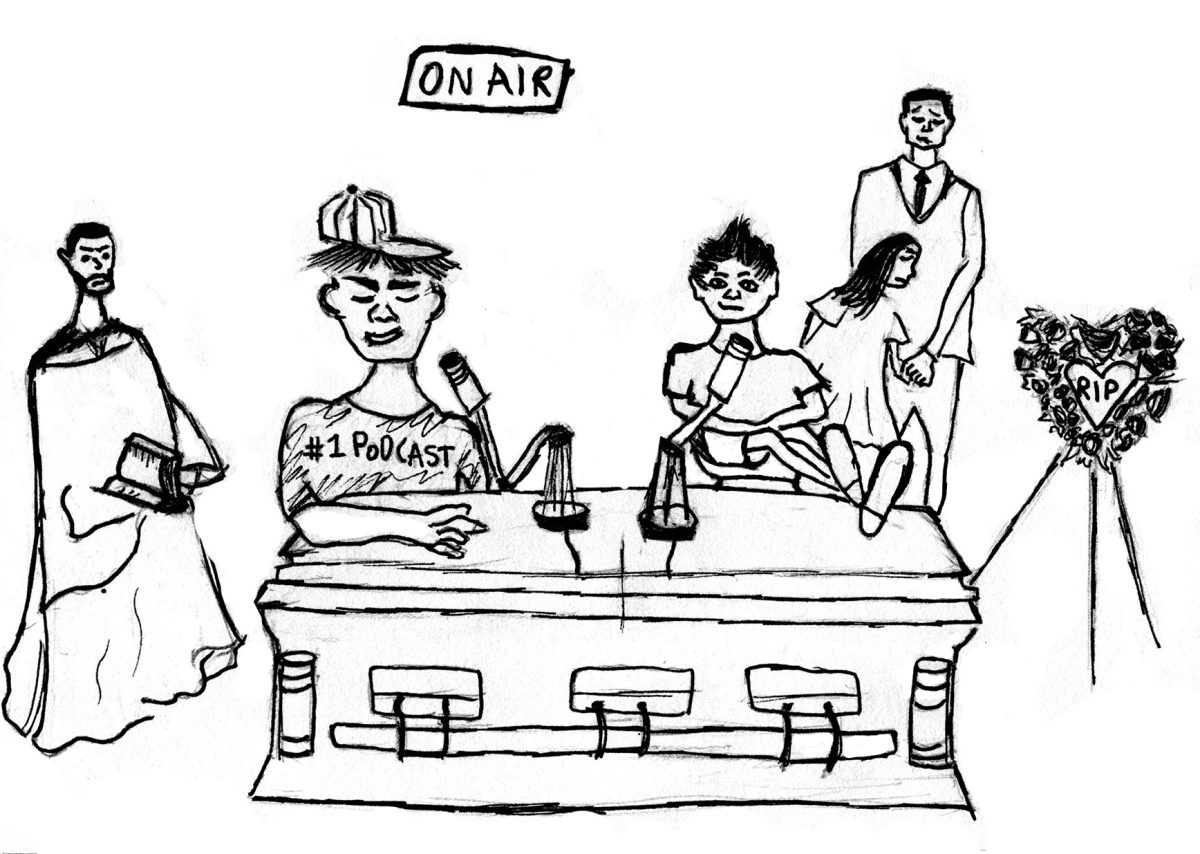


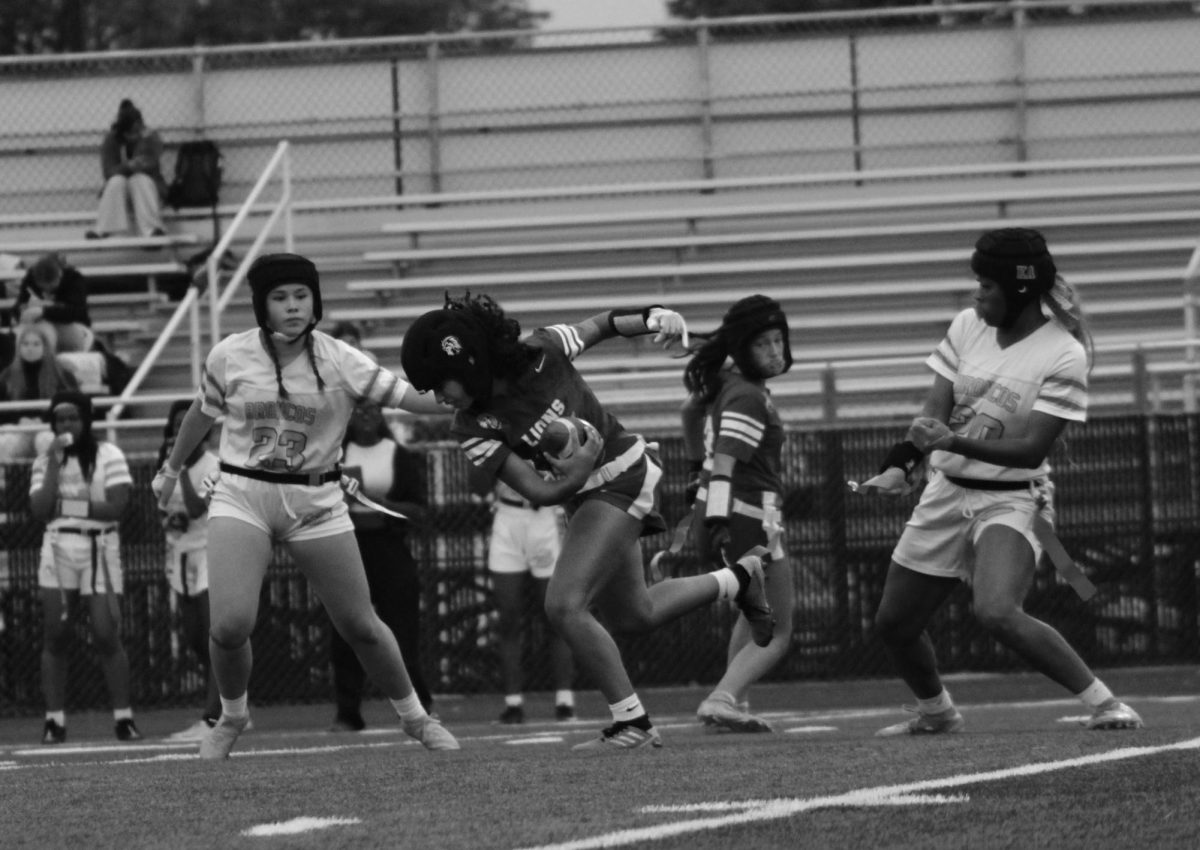








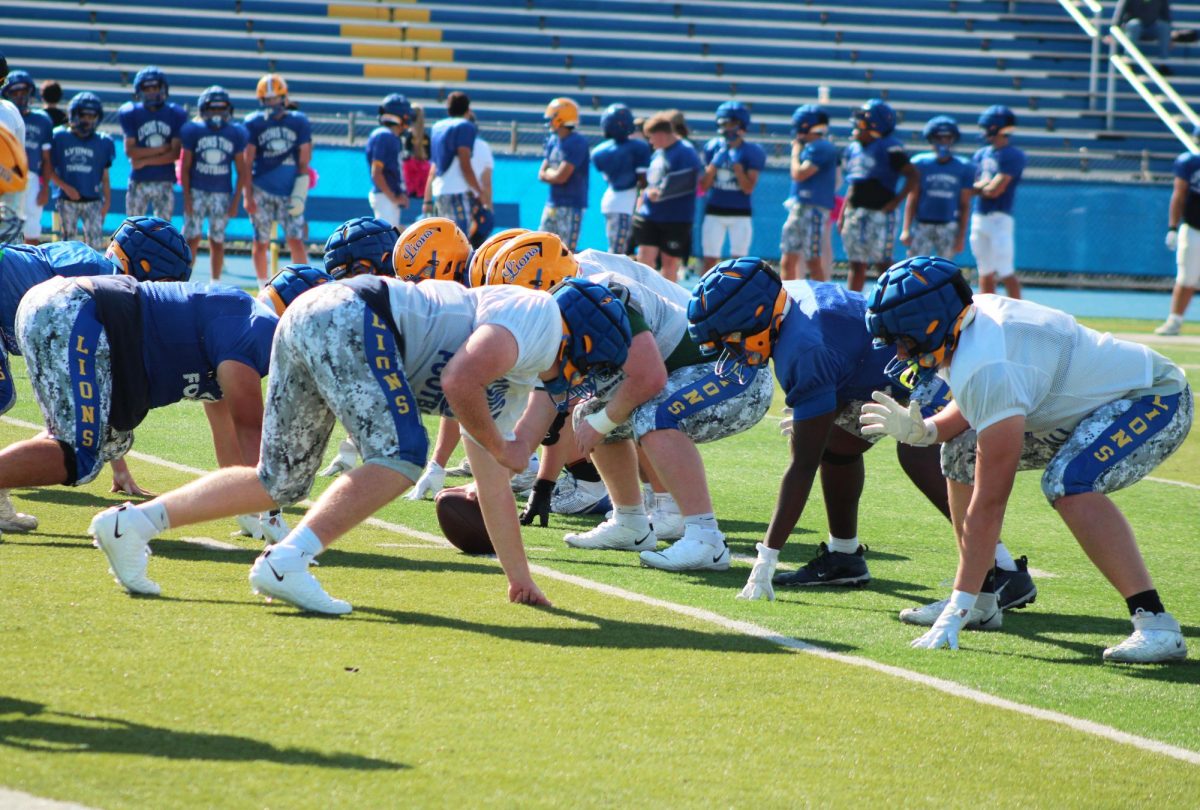
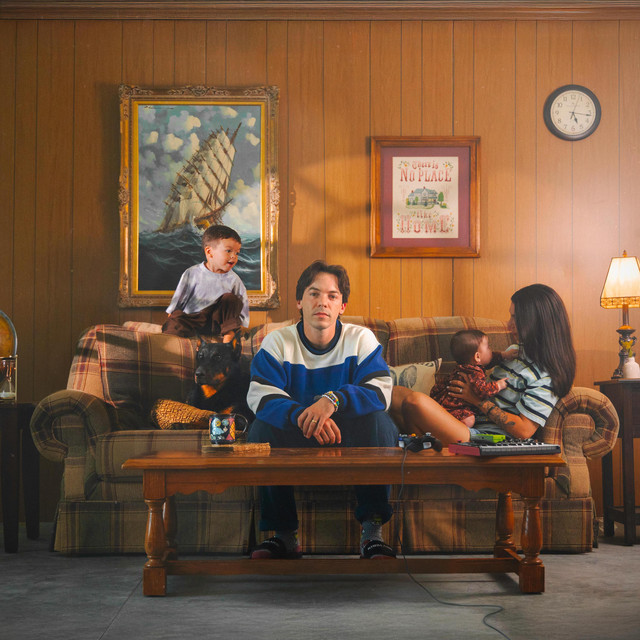




![Movie poster for '[Rec]" (2007).](https://www.lionnewspaper.com/wp-content/uploads/2023/04/rec-640x900.jpg)



